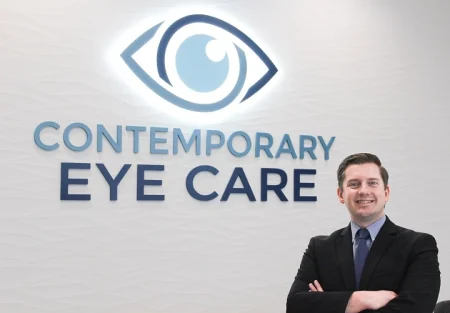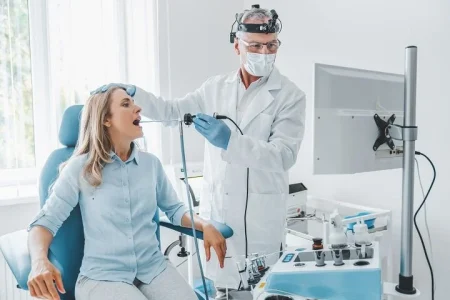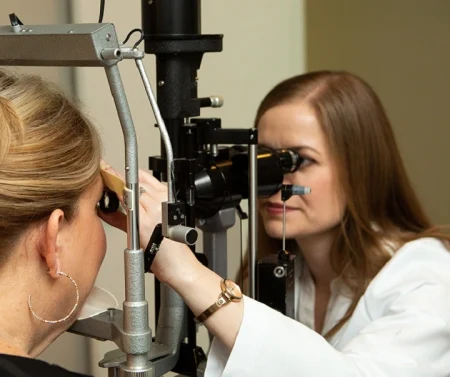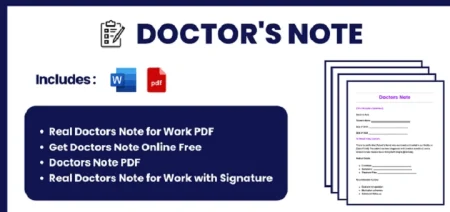Understanding Suboxone and Its Role in Recovery

Suboxone is a medication approved by the FDA for the treatment of opioid dependence. It contains two active ingredients: buprenorphine, a partial opioid agonist, and naloxone, an opioid antagonist. This combination helps manage withdrawal symptoms and cravings while minimizing the risk of misuse and overdose.
The Importance of Finding a Qualified Suboxone Doctor
Finding the right Suboxone doctor is crucial for effective treatment. A qualified Suboxone doctor possesses:
- prehensive Care: Seek doctors who offer comprehensive care, including counseling, therapy, and support services, in addition to medication management.
How to Find Suboxone Doctors Near You

- Online Directories: Utilize online directories specifically designed to help you find Suboxone doctors in your area. Websites like SAMHSA (Substance Abuse and Mental Health Services Administration) offer comprehensive directories searchable by location.
- Health Insurance Provider: Contact your health insurance provider for a list of Suboxone doctors covered by your plan. This ensures that you can access treatment without incurring excessive out-of-pocket expenses.
- Referrals: Reach out to friends, family members, or support groups for recommendations. Personal referrals can provide valuable insights into a doctor’s reputation and treatment approach.
- Telemedicine Options: Explore telemedicine options for remote consultations with Suboxone doctors. This can be particularly beneficial if you live in a rural area with limited access to healthcare services.
- Community Health Centers: Community health centers often offer integrated behavioral health services, including medication-assisted treatment for opioid addiction. Contact your local health department or community clinic for information on available resources.
Questions to Ask When Evaluating Suboxone Doctors
- Credentials: Are you certified to prescribe Suboxone for opioid addiction?
- Treatment Approach: What is your approach to treating opioid addiction, and how do you incorporate Suboxone into your treatment plan?
- Support Services: Do you offer additional support services such as counseling, therapy, or support groups?
- Insurance Coverage: Do you accept my insurance, and what are the associated costs?
- Availability: What is your availability for appointments, and how do you handle emergencies or urgent concerns?
Preparing for Your First Appointment
Before your first appointment with a Suboxone doctor, it’s essential to:
- Gather Medical Records: Collect any relevant medical records, including previous treatment history, medication lists, and diagnostic test results.
- Write Down Questions: Prepare a list of questions or concerns to discuss with your doctor during the appointment. This ensures that you cover all relevant topics and make the most of your time together.
- Review Insurance Coverage: Familiarize yourself with your insurance coverage and any potential out-of-pocket expenses associated with treatment.
- Arrange Transportation: Arrange transportation to and from your appointment, especially if you anticipate feeling unwell or drowsy after starting Suboxone treatment.
Conclusion
Finding a Suboxone doctor near you is a significant step towards overcoming opioid addiction and reclaiming your life. By following the steps outlined in this guide, you can locate a qualified and compassionate doctor who will support you on your journey to recovery. Remember, you are not alone, and help is available. Take the first step today towards a healthier, addiction-free future.








